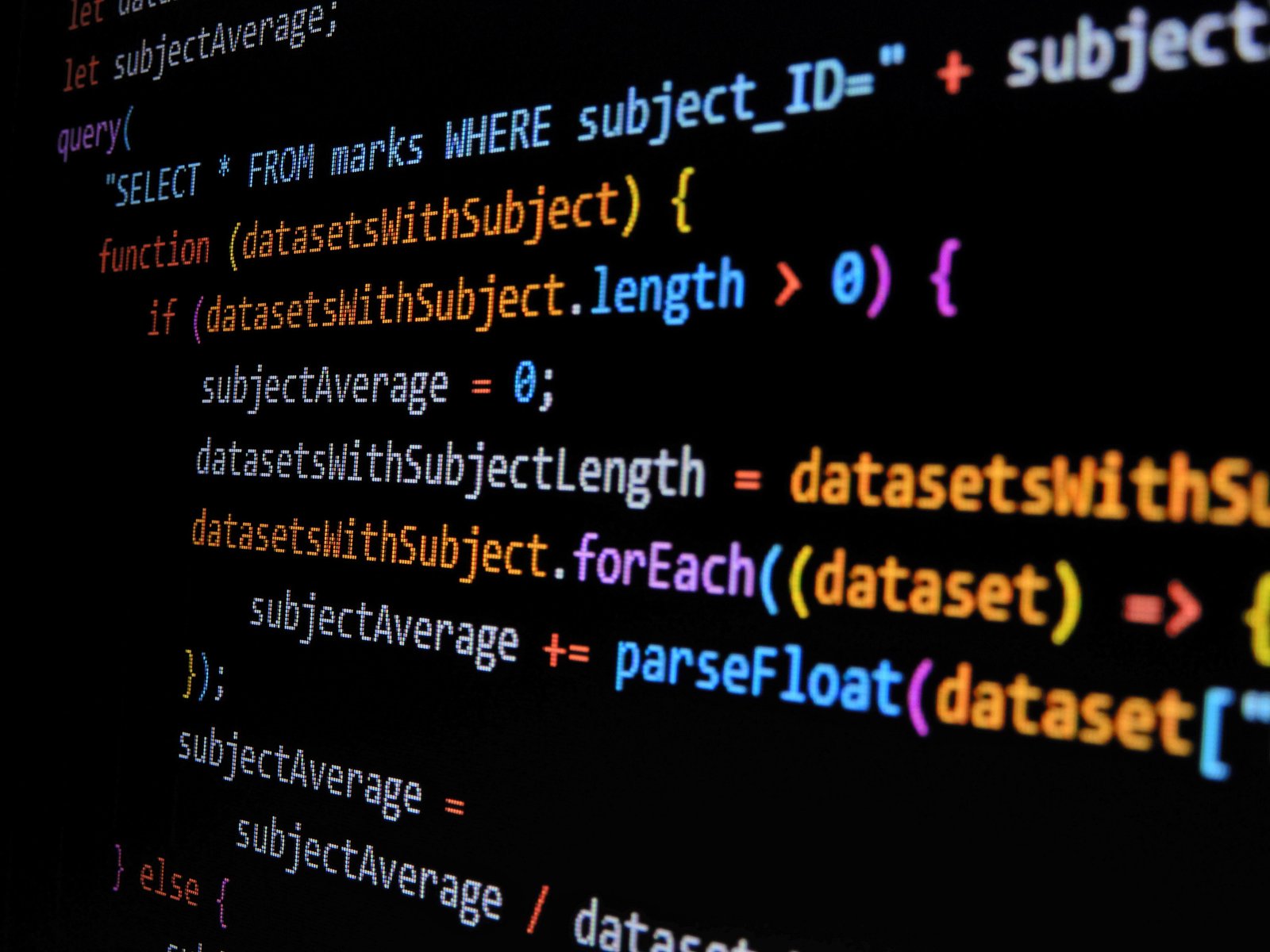
Understanding JavaScript Variable Types and Usage
By Marcelo Vieyra, November 5th 2023 | 2 mins, 376 words
JavaScript is a versatile programming language that allows developers to work with various types of variables. Variables in JavaScript are used to store and manipulate data. In this article, we'll explore the different types of variables in JavaScript, how to declare and use them, and provide examples for better understanding.
1. Var
var was historically used to declare variables in JavaScript, but it has some limitations and is no longer recommended for modern code. It's function-scoped and can lead to unexpected behavior.
var x = 5;
2. Let
let is a block-scoped variable declaration. It is widely used in modern JavaScript and allows for more predictable and controllable behavior.
let count = 10;
3. Const
const is another way to declare variables, but once assigned, the value cannot be changed. It is also block-scoped.
const PI = 3.14159;
4. Primitive Data Types
JavaScript has several primitive data types, including:
a. Number
Used to store numeric values.
let age = 25;
b. String
Used to store text.
let greeting = "Hello, World!";
c. Boolean
Used for true or false values.
let isTrue = true;
d. Undefined
Indicates a variable that has been declared but has not been assigned a value.
let notAssigned;
e. Null
Represents the absence of a value or an empty value.
let emptyValue = null;
5. Reference Data Types
JavaScript also has reference data types, including:
a. Array
Used to store collections of data.
let colors = ["red", "green", "blue"];
b. Object
Used to store key-value pairs.
let person = {
name: "John",
age: 30,
};c. Function
Functions are objects in JavaScript and can be assigned to variables.
function add(a, b) {
return a + b;
}d. Date
Used to work with dates and times.
let today = new Date();
6. Type Coercion
JavaScript is known for its type coercion, which can lead to unexpected results when different data types are combined. For example:
let result = "5" + 5; // result is "55"
It's essential to be aware of how JavaScript handles type coercion to avoid bugs.
In conclusion, understanding the different variable types in JavaScript is crucial for effective programming. By choosing the appropriate type and using them correctly, you can write cleaner and more reliable code. Remember to stay up to date with modern JavaScript practices, favoring let and const over var for variable declarations in most cases.
These are the fundamental variable types in JavaScript, but there are more advanced concepts and data structures to explore as you become more experienced with the language.